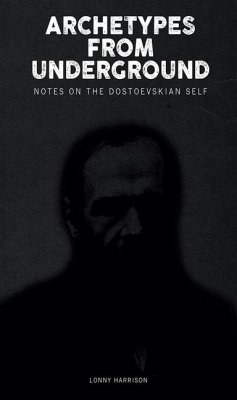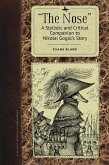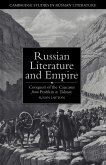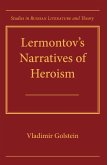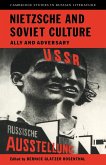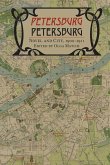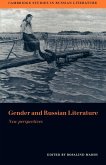Archetypes from Underground: Notes on the Dostoevskian Self uncovers archetypal imagery in Dostoevsky's stories and novels and argues that archetypes bring a new dimension to our understanding and appreciation of his works. In this interdisciplinary study, Harrison analyzes selected texts in light of fresh research in Dostoevsky studies, cultural history, comparative mythology, and depth psychology. He argues that one of Dostoevsky's chief concerns is the crisis of modernity, and that he dramatizes the conflicts of the modern self by depicting the dynamic, transformative nature of the psyche. Harrison finds the language and imagery of archetypes in Dostoevsky's characters, symbols, and themes, and shows how these resonate in remarkable ways with the archetypes of self, persona, and the shadow. He demonstrates that major themes in Dostoevsky coincide with Western esotericism, such as the complementarity of opposites, transformation, and the symbolism of death and resurrection. These arguments inform a close reading of several of Dostoevsky's texts, including The Double, Notes from Underground, and The Brothers Karamazov. Archetypes inform these works and others, bringing vitality to Dostoevsky's major characters and themes. This research represents a departure from the religious and philosophical questions that have dominated Dostoevsky studies. This work is the first sustained analysis of Dostoevsky's work in light of archetypes, framing a topic that calls for further investigation. Archetypes illumine the author's ideas about Russian national identity and its faith traditions and help us redefine our understanding of Russian realism and the prominent place Dostoevsky occupies within it.
Hinweis: Dieser Artikel kann nur an eine deutsche Lieferadresse ausgeliefert werden.
Hinweis: Dieser Artikel kann nur an eine deutsche Lieferadresse ausgeliefert werden.

